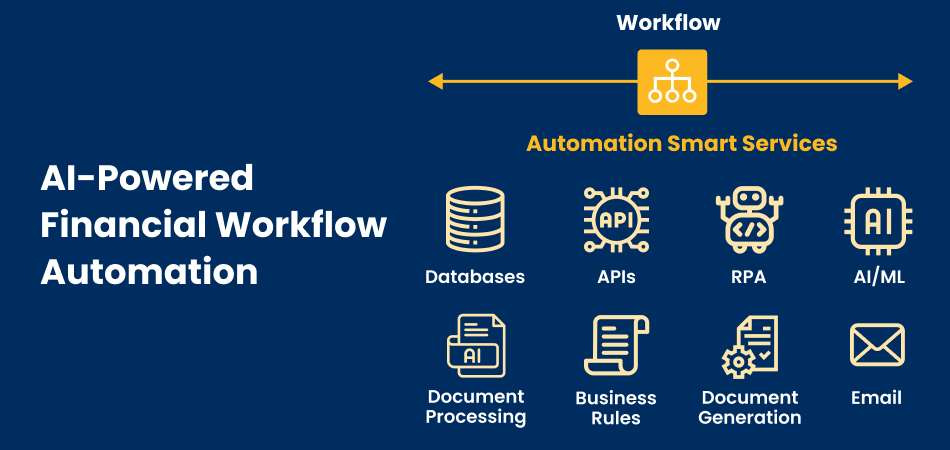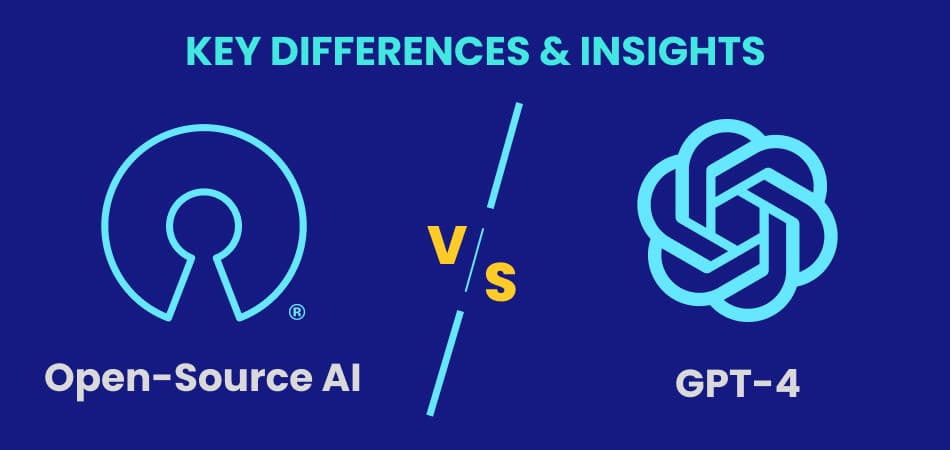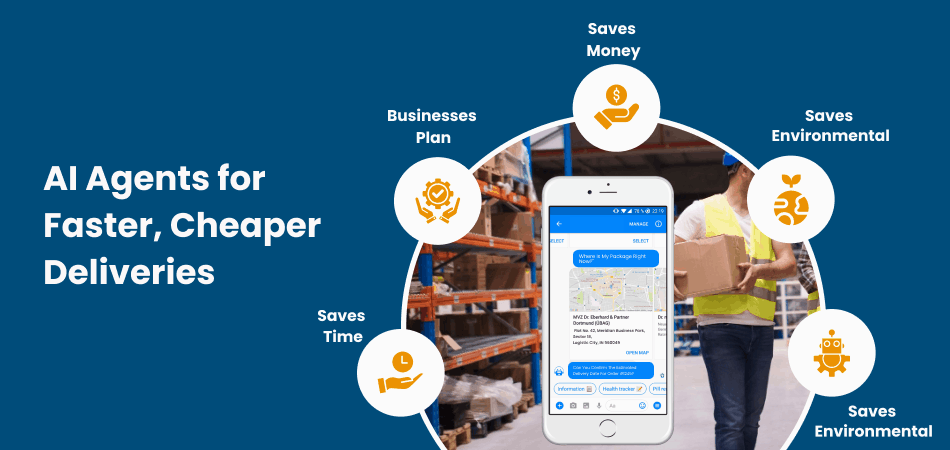The financial services industry is changing fast. Artificial Intelligence (AI) is turning old, manual processes into smart, automated workflows. With AI APIs and intelligent agents becoming more advanced and easier to use, banks and fintech companies now have huge opportunities to cut costs, speed up operations, and give customers a better experience.But this change is not just about replacing human effort. It’s about building intelligent systems that can learn, adapt, and even make decisions in real time. From automated trading to fraud detection, AI is becoming the backbone of financial operations.
Understanding AI APIs and Agents in Finance
What Are AI APIs?
AI APIs (Application Programming Interfaces) act as connectors between financial systems and AI tools. They allow apps to use machine learning, natural language processing, or predictive analytics—without having to build these systems from scratch.
What Are AI Agents?
AI agents are software programs that can observe, decide, and act on their own. Unlike APIs (which only respond when asked), agents continuously monitor conditions and take actions automatically.
Benefits of AI in Financial Automation
1. Faster Operations
AI can automate routine tasks and reduce processing times by up to 80%, freeing employees to focus on more strategic work.
2. Fewer Errors & Stronger Compliance
AI removes mistakes in calculations and data entry. It also ensures that processes always follow rules and regulations—critical in areas like AML compliance and risk assessment.
3. Real-Time Decisions
AI can process massive amounts of data instantly—helping with real-time credit approvals, fraud detection, and market analysis.

Key Financial Workflows AI Can Automate
- Invoice Processing Instead of humans handling invoices, AI can read data with OCR, validate it, route approvals, and schedule payments.
- Accuracy up to 99.5%
- Automated matching with purchase orders
- Smart approval routing
- Payment scheduling with cash flow optimization
- Credit Risk Assessment AI agents monitor customer behavior, market trends, and economic signals to give dynamic and accurate lending decisions.
- Fraud Detection AI can spot unusual transaction patterns within milliseconds, stopping fraud before it happens.
- Regulatory Reporting AI can auto-generate reports, track violations, and stay updated with changing rules.
- Customer Support
AI-powered chatbots and assistants can answer common questions, process transactions, and escalate issues to humans when needed.
Popular AI APIs for Finance
- NLP APIs (OpenAI, Google Cloud NLP, AWS Comprehend) → Analyze customer messages, automate reviews, extract insights.
- Computer Vision APIs (Google Vision, AWS Rekognition, Microsoft CV) → Process documents, verify IDs, support KYC checks.
- Predictive Analytics APIs (AWS SageMaker, Google AI, Azure ML) → Predict credit scores, market trends, and risks.
How to Implement AI in Finance

Phase 1: Assess & Plan → Audit workflows, pick tasks with high volume and repetitive steps.
Phase 2: Pilot → Start small with low-risk, high-impact processes.
Phase 3: Scale → Ensure smooth integration, strong security, and staff training.
Suggested Image 6: Roadmap infographic of the 3 phases with milestones.
Key Success Factors
- Data Quality → Clean, well-structured data is essential.
- Security & Compliance → Use encryption, access controls, and audits.
- Change Management → Train staff and show how AI supports, not replaces them.
Challenges and How to Solve Them
- Data Silos → Use API-first systems and data lakes.
- Regulatory Demands → Build compliance checks directly into AI workflows.
- Employee Resistance → Provide training and highlight AI as a supportive tool.
Future of AI in Finance
- Conversational AI → Complex financial tasks done through natural language.
- Autonomous Agents → AI making independent, strategic financial decisions.
- RegTech Growth → AI predicting and solving compliance issues before they occur.
How to Start Your AI Journey
- Set Clear Goals → Focus on measurable outcomes like faster processing or lower costs.
- Pick the Right Tools → Choose APIs and platforms that match your systems.
- Build Skills → Train teams or hire AI specialists.
- Track & Improve → Continuously monitor and optimize.
Conclusion
AI automation in finance is not just a trend—it’s a complete shift in how institutions operate. By embracing AI APIs and agents, organizations can achieve faster workflows, higher accuracy, better compliance, and happier customers.
The key is thoughtful planning, strong security, and ongoing learning. Financial institutions that start today will be the ones leading tomorrow.



